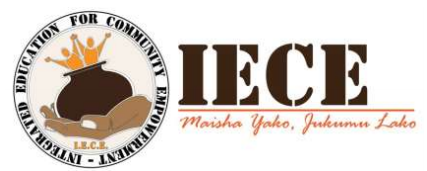ABOUT US
Integrated Education for Community Empowerment (IECE) is a non-governmental organization (NGO) that originated from its earlier form as a faith-based organization known as Education for Life-Kariobangi (EFL) founded by the late Gino Fillipini under the Holy Trinity Catholic Church, Kariobangi.
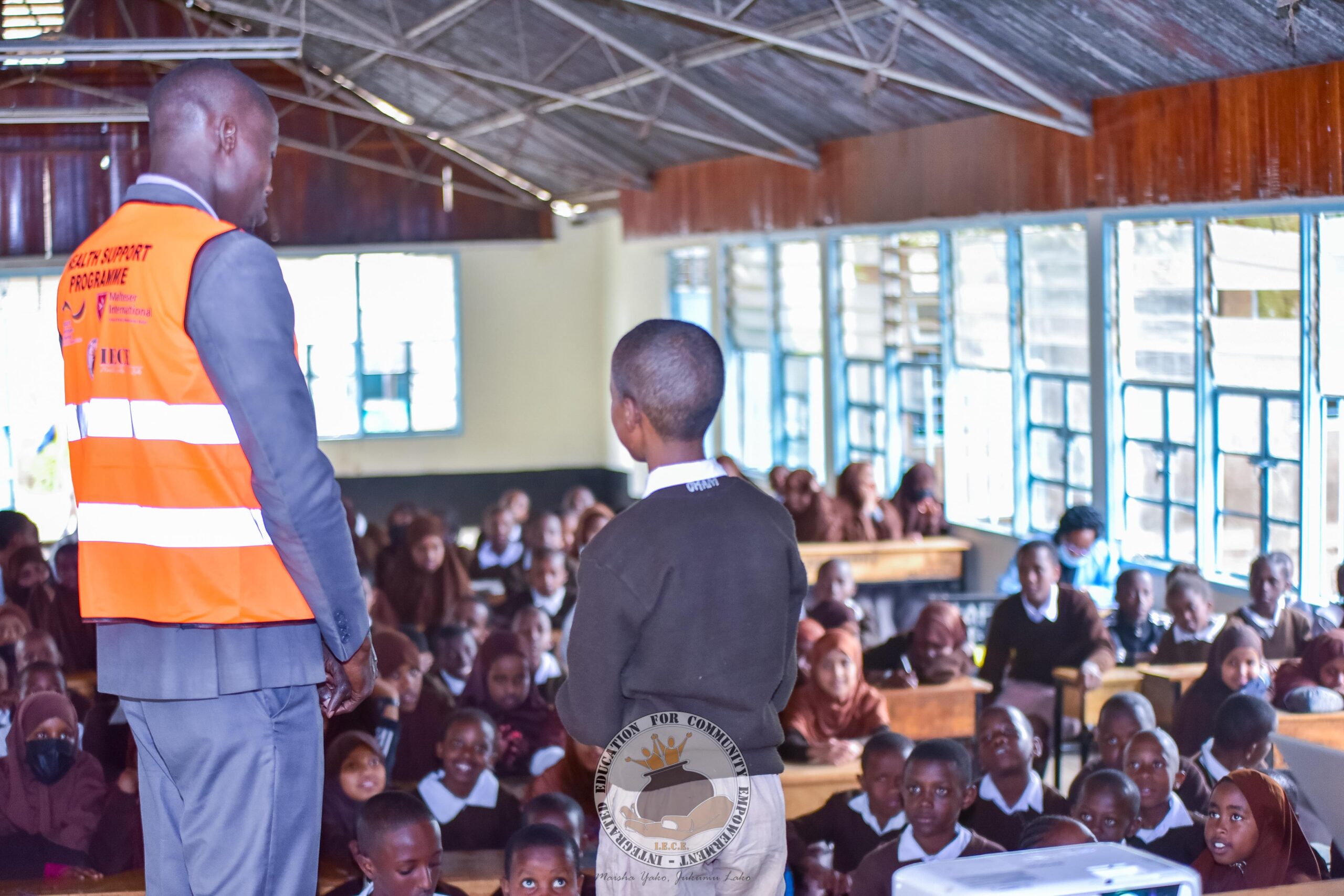
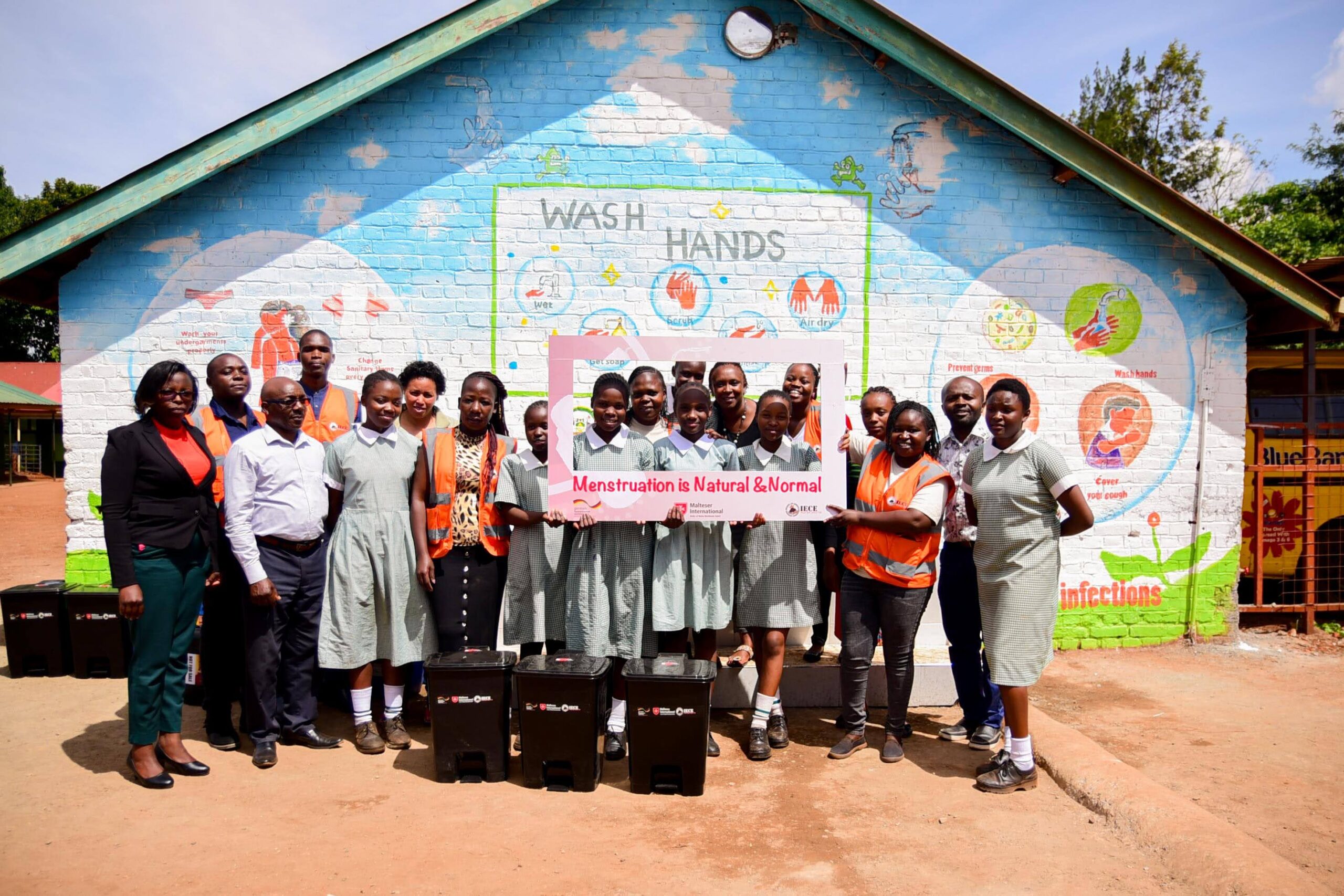
Initially focused on addressing the devastating impact of HIV/AIDS in Nairobi’s informal settlements, the organization has since evolved in response to growing socio-political and economic challenges faced by these communities. Recognizing the need for a broader and more sustainable approach, IECE was officially registered as an NGO in 2013, allowing it to develop holistic programs that address issues on access to health services, education, economic empowerment, safety and protection of women and children, climate change mitigation and adaptation, humanitarian assistance and response among others. Through a multi-stakeholder approach, IECE has built a strong reputation as a key development actor, working closely with communities, civil society organizations, and government bodies to co-create impactful programs that enhance the dignity and well-being of vulnerable populations across Kenya. IECE currently works in Nairobi, Machakos, Kitui, Taita Taveta, Kakamega, Busia, Migori, Turkana, Bomet and Kisumu.
Key Thematic and Advocacy Priorities
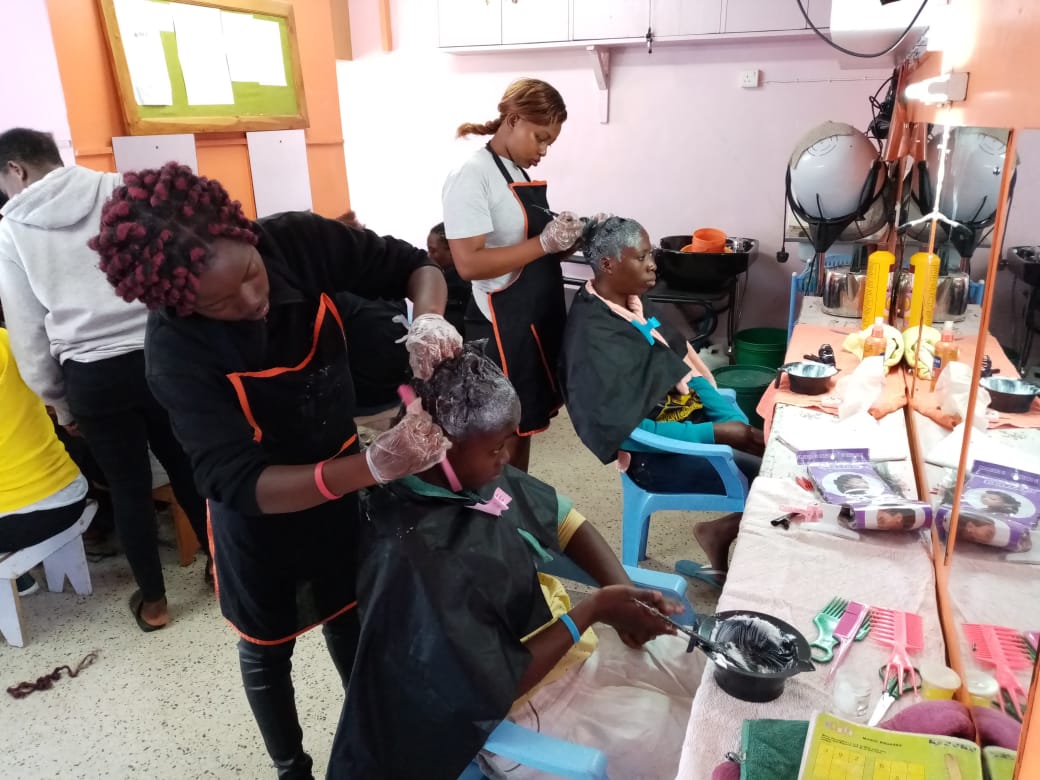
Access to Holistic Education
Our focus is on improving school retention, performance, and transition. This includes life skills education, vocational training, and talent development in areas like sports, arts, and leadership. We support schools through scholarships, strengthening leadership structures, and aligning interventions with the Competency-Based Curriculum (CBC) to make it affordable for children from underprivileged households. We also work to address barriers to education such as hidden costs, prevention of drug use, lack of dignity kits, and food insecurity, by sensitizing teachers, parents and pupils and ensuring that children remain in school.
Safeguarding, Protection and Safety
Ending Violence Against Women and Girls (VAWG) and protecting other vulnerable populations: Our focus is on strengthening response structures for abuse and VAWG, enhancing referral networks, and promoting community-led activism. We complement this by documenting violations, advocating for policy reforms, raising awareness, supporting survivors, and forming strategic partnerships with organizations and individuals dedicated to gender equality programs.
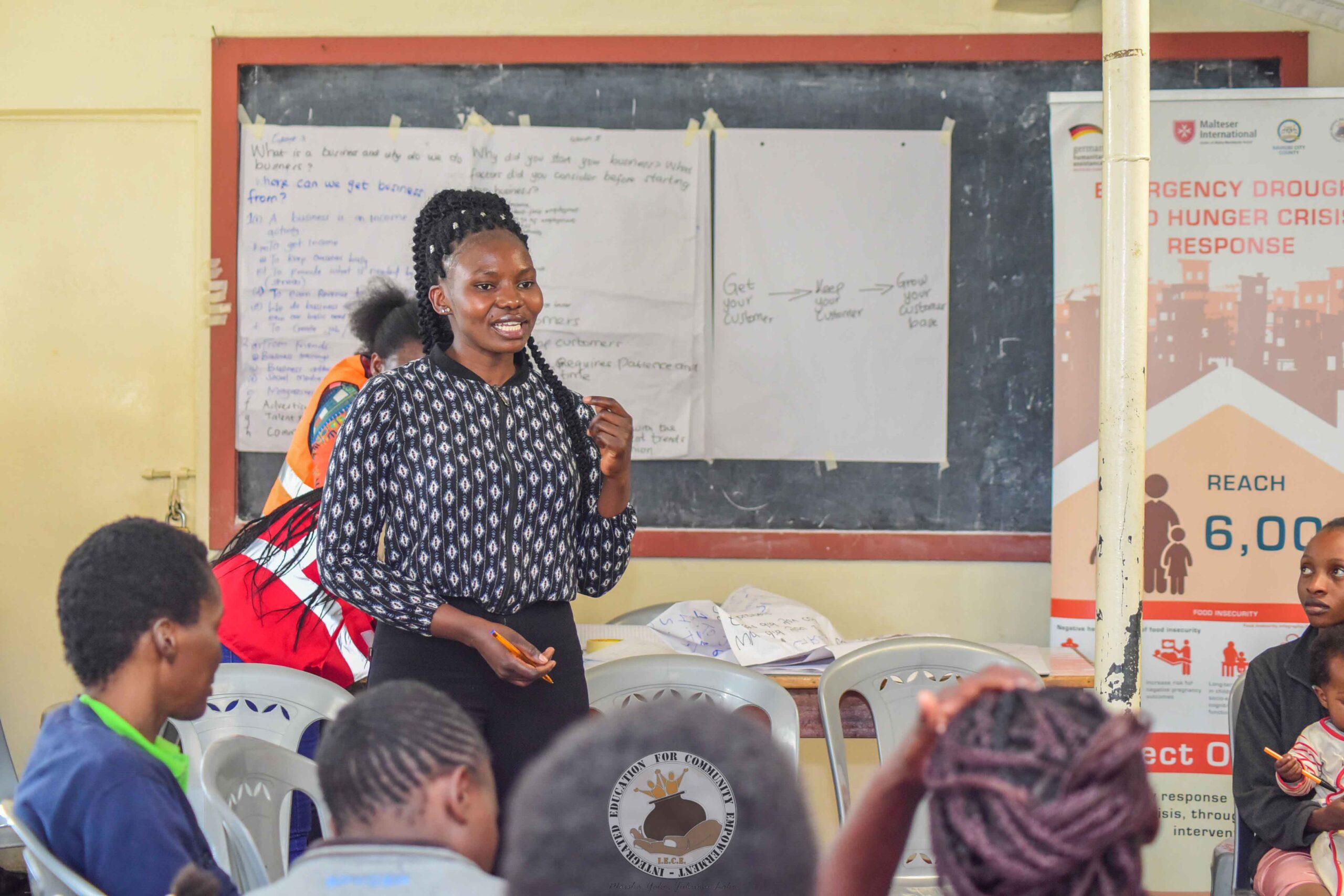
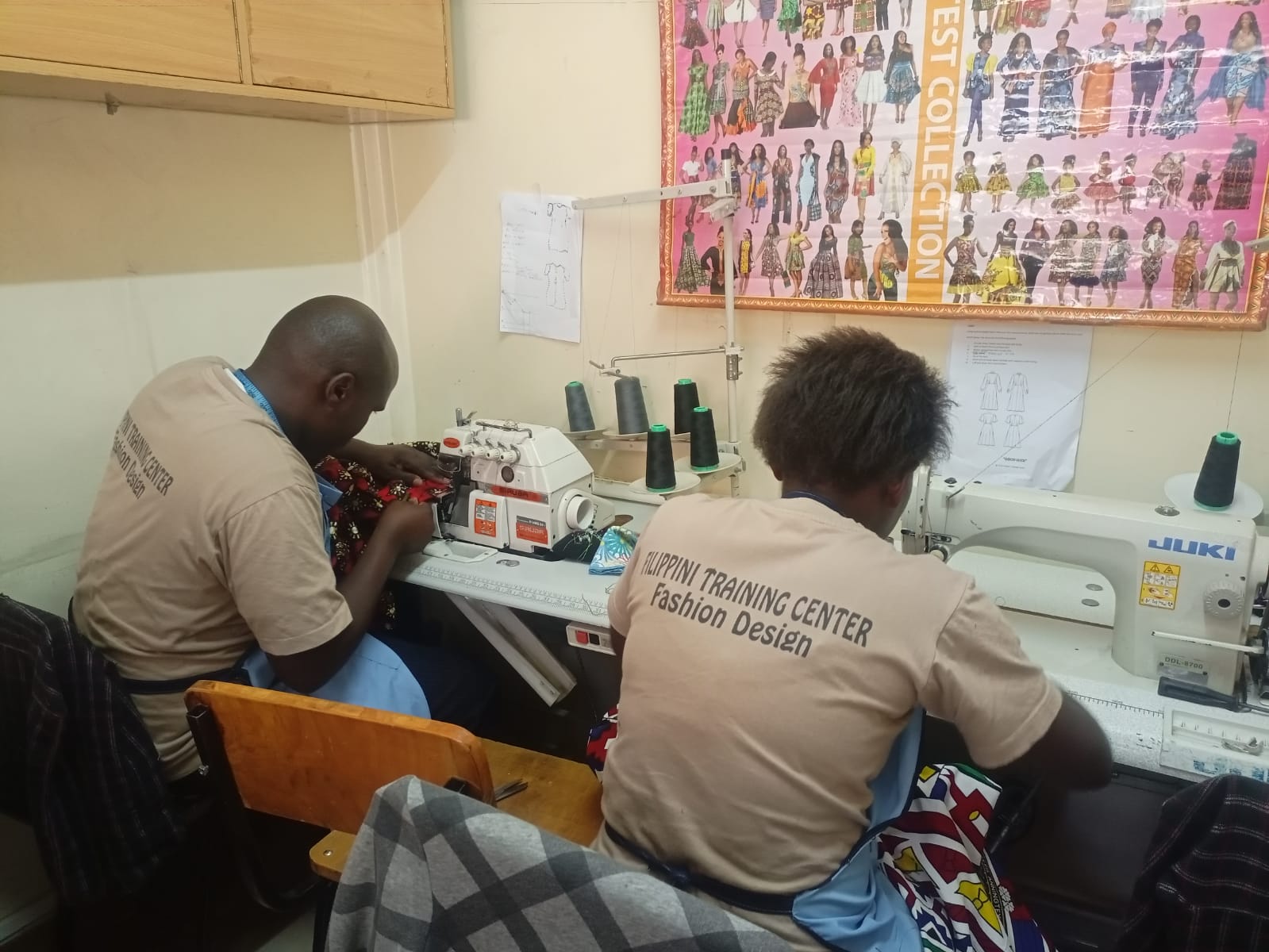
Economic Empowerment
Through trainings, mentorship and coaching, our focus is on building social entrepreneurs’ brand visibility, providing business development and incubation. Our initiatives include facilitating access to micro-finance through grants and loans, promoting food sovereignty via agriculture and food groups, and supporting social protection measures like food baskets and cash transfers. We also assist vulnerable communities with health insurance registration and promote voluntary savings and loans associations. Additionally, IECE aim to enhance market access through social media and e-markets, influence policy changes for small and medium enterprises, and empower women to challenge gender norms that restrict economic opportunities.
Access to Quality Health
Focus areas include Water, Sanitation and Hygiene (WASH), Food and Nutrition Security (FNS), Sexual Reproductive Health Rights (SRHR), community preparedness and response to public health emergencies, awareness creation on chronic diseases, mental health support including psychosocial support (PSS), and research. Our approach is through direct project implementation, policy influence and advocacy while leveraging on multi-stakeholder platforms, partnerships and collaborations.
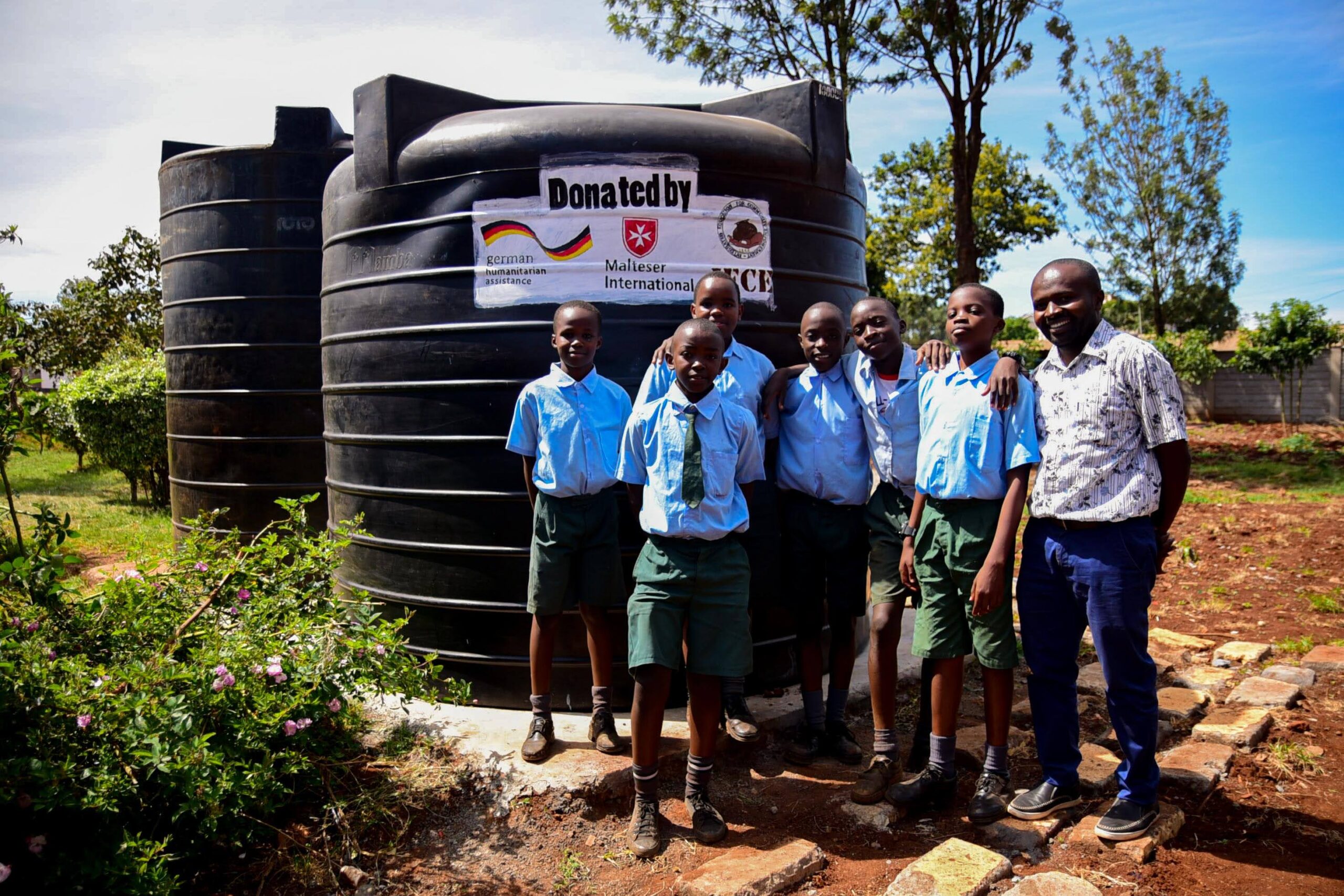
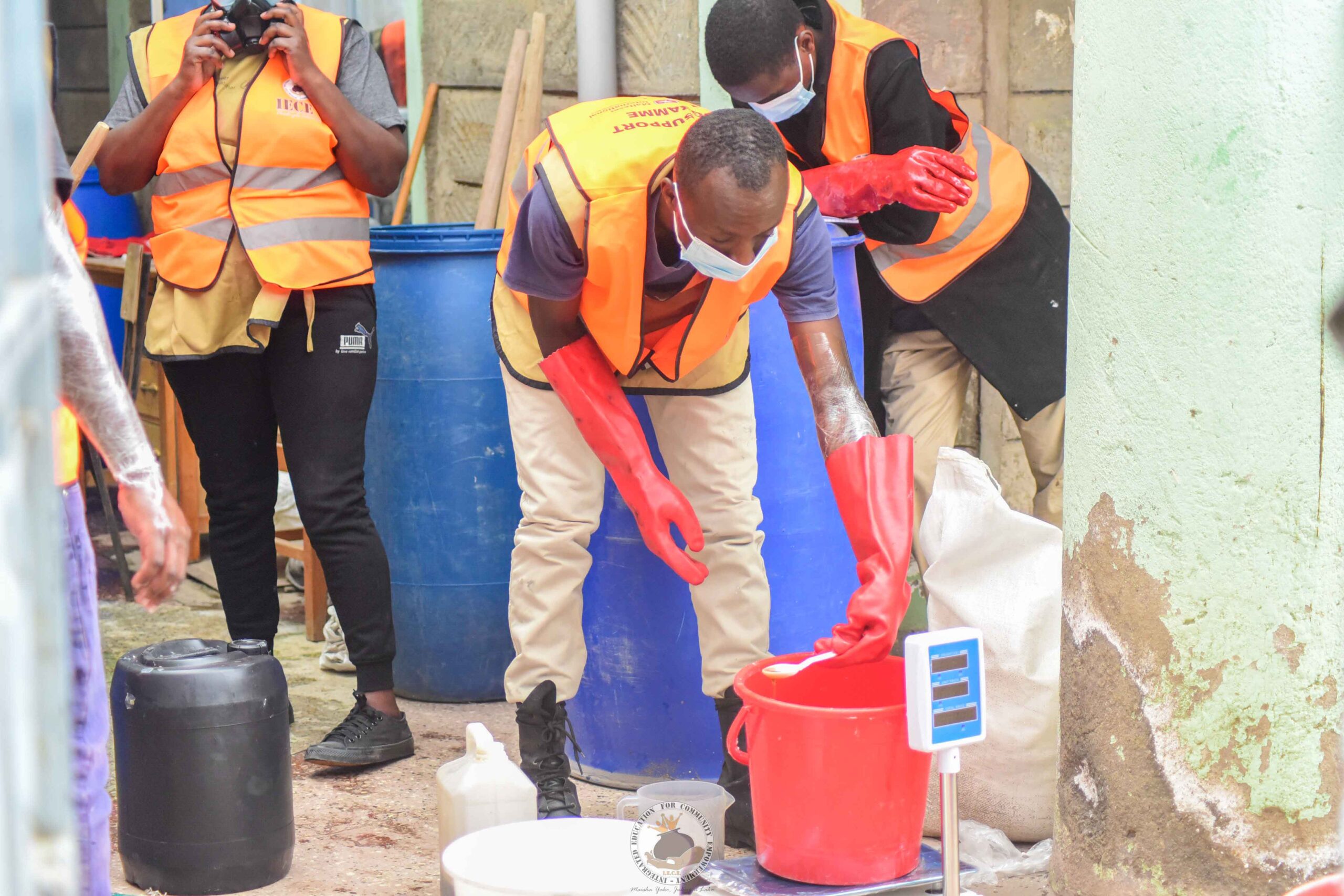
Climate Justice
We focus on empowering local communities to make environmentally and climate-sensitive decisions that maximize social and ecological benefits. Through co-creation with communities and other stakeholders, we develop practical, innovative climate solutions to enhance the capacity of households and communities, focusing on localized resilience, adaptation, and mitigation strategies.
Humanitarian Response
IECE’s humanitarian response encompasses both immediate aid and longer-term assistance. Our aid includes short-term material and logistical support for those affected by crises such as disease outbreaks, natural disasters, violence, and famine, providing essentials like food, water, temporary shelter, and medical care to save lives and alleviate suffering. Our assistance extends to mid- and long-term recovery and capacity building, incorporating disaster risk reduction, humanitarian response planning, protection from exploitation, cash transfers, and provision of basic needs and non-food items. We follow the UN’s cluster system, focusing on clusters such as early recovery, education, food security, health, and WASH, and adhere to the CORE Humanitarian Standards on Quality and Accountability to ensure principled and effective aid delivery.

GET INVOLVED
